Meet the staff
of our global studies department

The Department of Global Studies unites an international team of researchers and PhD students who are engaged with six geographical areas – Brazil, China, India and South Asia, Japan, Russia and Europe – or pursue a both conceptual and analytical approach in ‘International Studies.’ Within the different areas, each scholar has her/his field of expertise, carries out original research, often in collaboration with partners in or outside of Denmark.
Their approaches are interdisciplinary, emphasizing the importance of history and anthropology, cultural and gender studies as well as political science, sociology and economy. While the starting point of individual research is the area of expertise, projects often go beyond the geographical borders and look at transnational or international interactions, developments or trends from a comparative and/or global perspective. This is also visible in a variety of research projects carried out at the department, the titles of which are “European Colonial Heritage outside Europe,” “Chinese Migration in Europe,” “Observing social trust in the everyday workings of welfare states – Romania and Denmark compared,” “Migrant Youth in Aarhus and Lisbon,” “China Sounds Abroad: Mobility, Migration, and Modernity,” “Political History of Anti-politics and Populism in Europe” (amongst others).
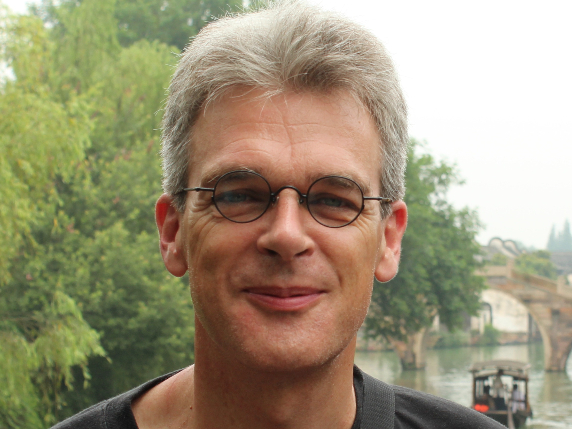
Andreas Steen Click Me!!!
Professor in China Studies
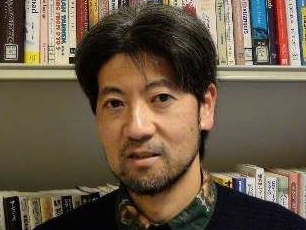
Jiro Tomioka Click Me!!!
Teaching Associate Professor in Japan Studies
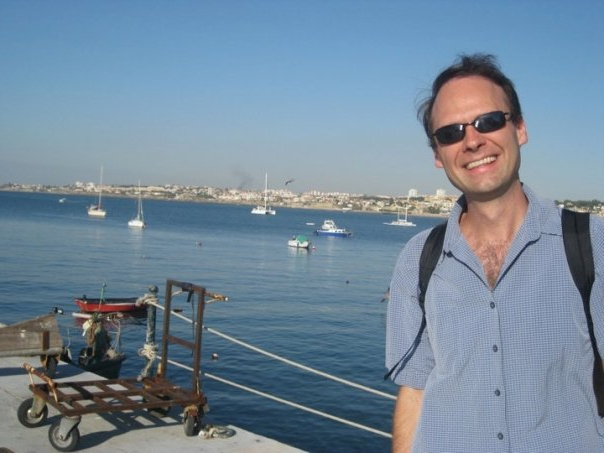
Derek Pardue Click Me!!!
Associate Professor in Brazilian Studies
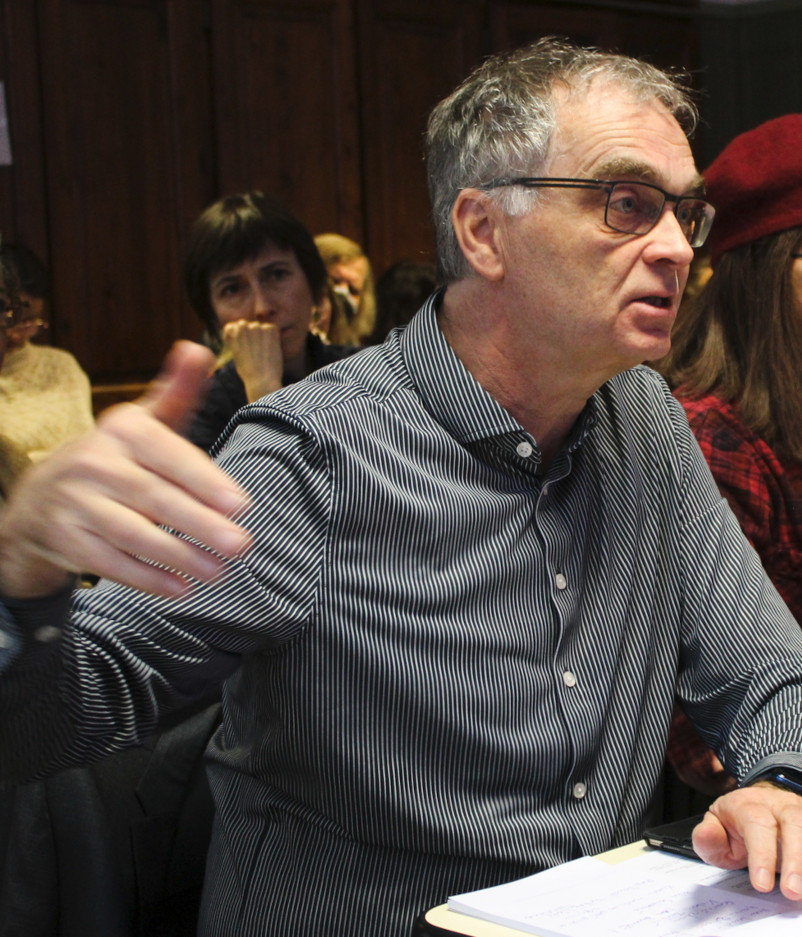
Peter Bugge Click Me!!!
Associate Professor in European Studies
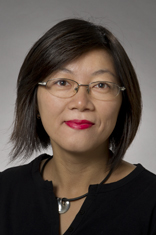
Chun Zhang Click Me!!!
Teaching Associate Professor in China Studies
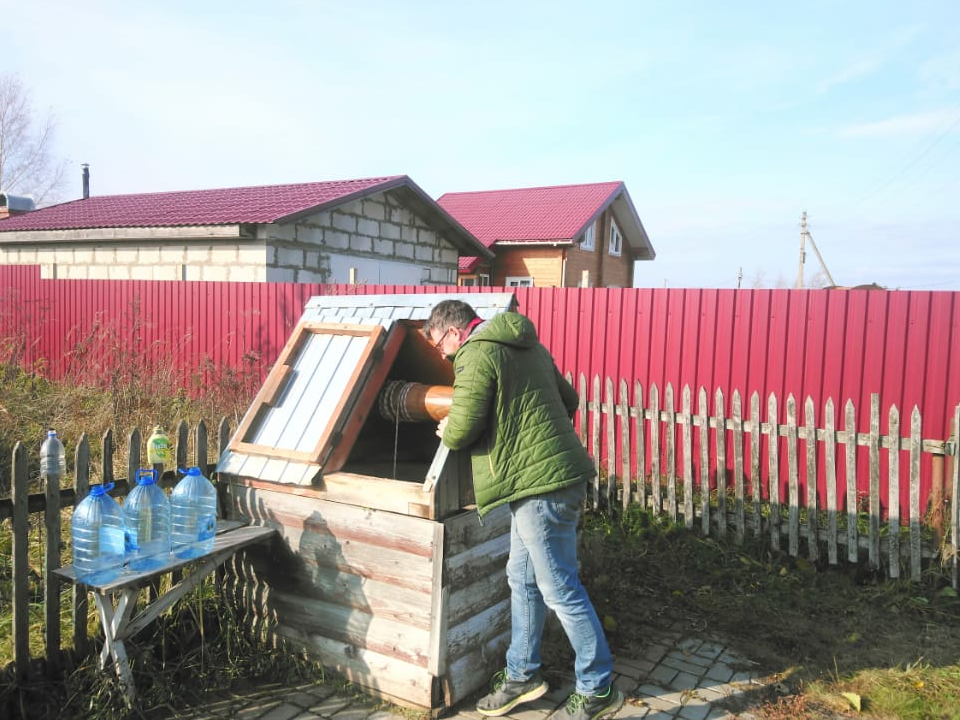
Jeremy Morris Click Me!!!
Professor in Russian Studies
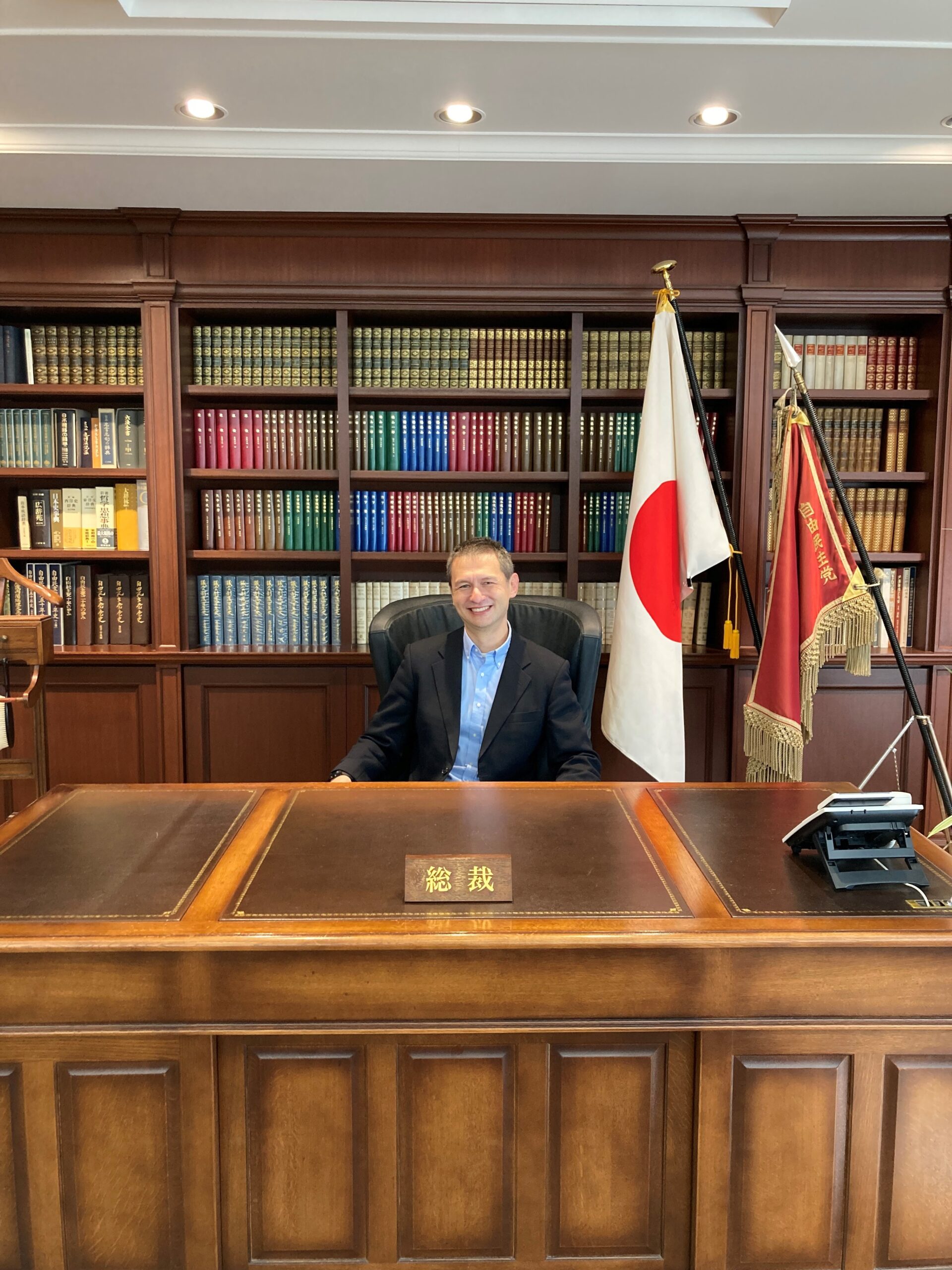
Raymond Yamamoto Click Me!!!
Associate Professor in Japan Studies

Uwe Skoda Click Me!!!
Associate Professor in India and south asia Studies
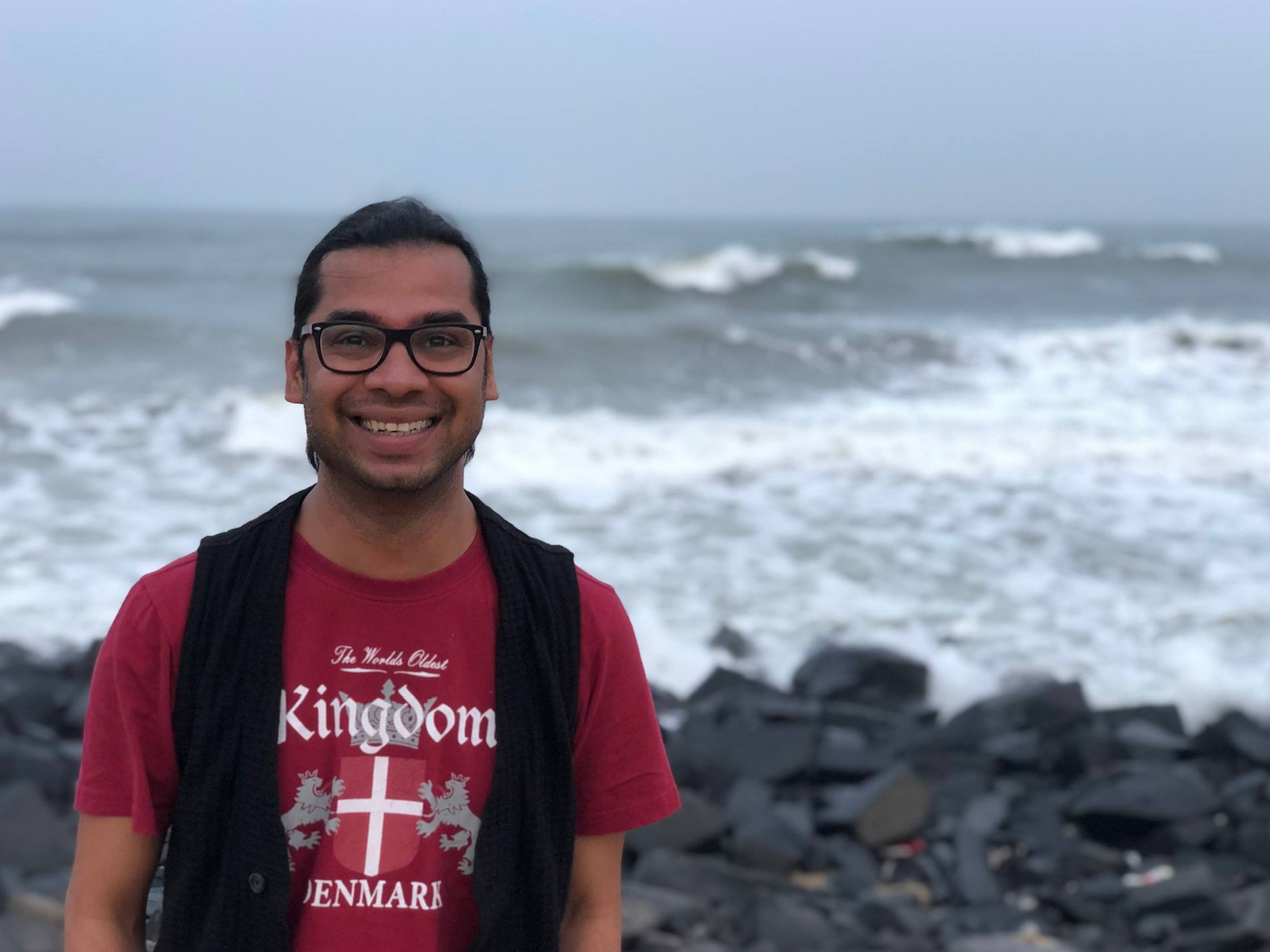
Vivek Kumar Shukla Click Me!!!
ASSISTANT PROFESSOR in INDIA AND SOUTH ASIA STUDIES
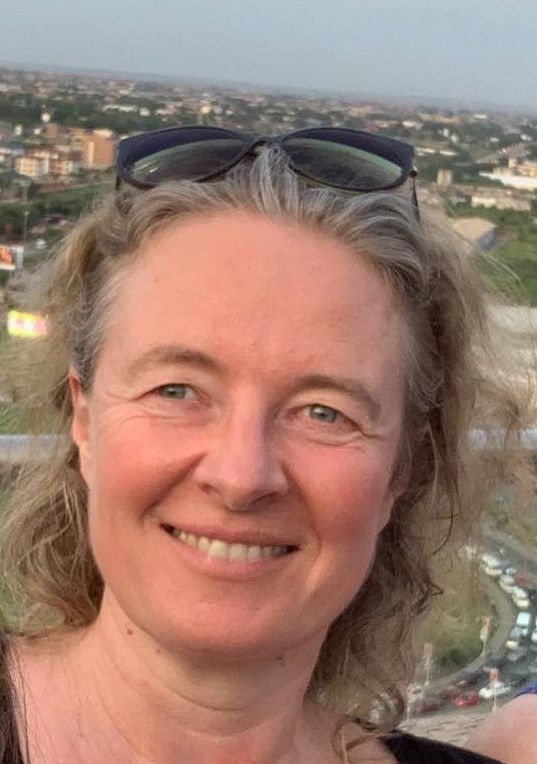
Annette Skovsted Hansen Click Me!!!
Associate Professor in Japan Studies
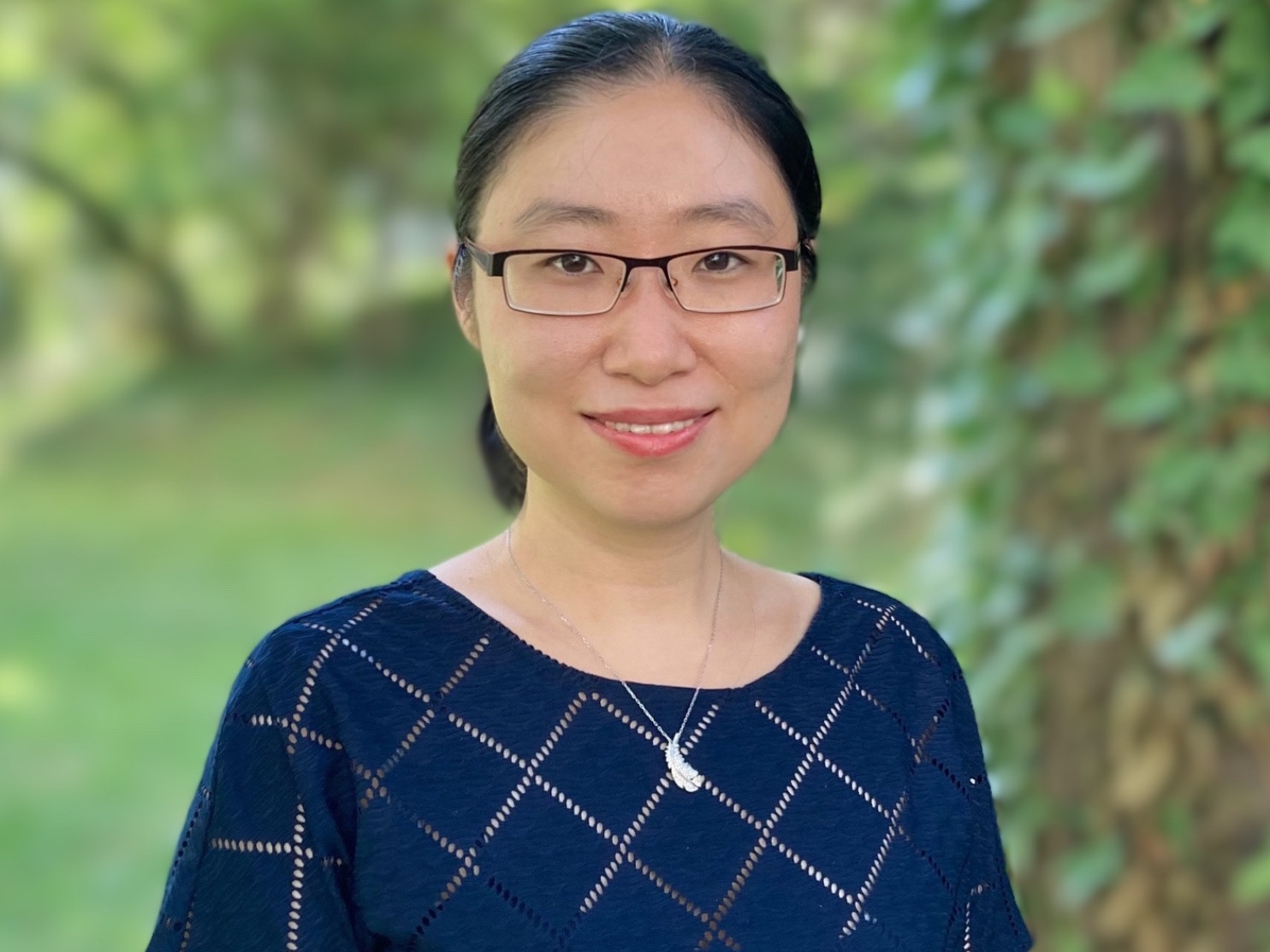
Yue Guan Click Me!!!
Associate Professor in China Studies
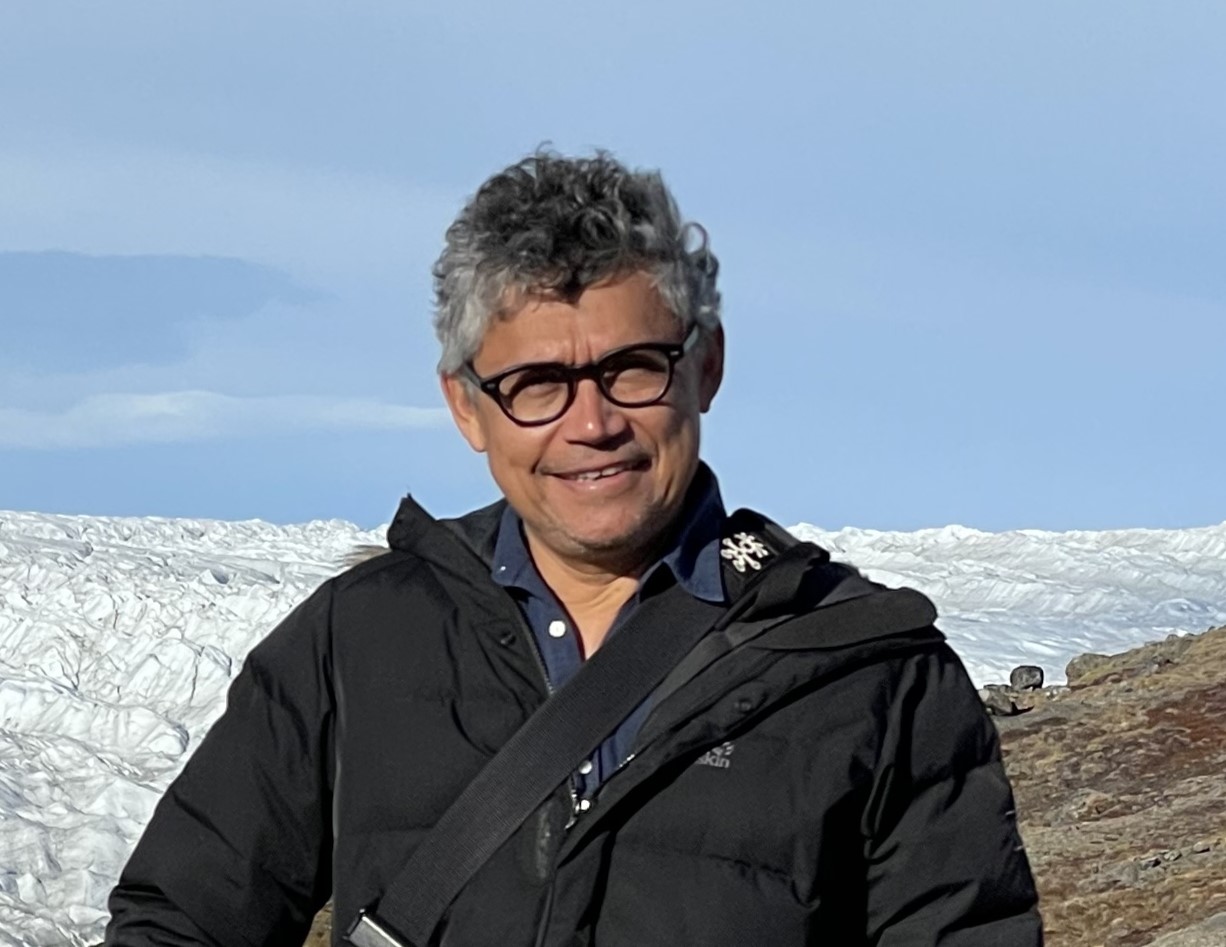
Vladimir Pacheco Cueva Click Me!!!
Associate Professor in International Studies
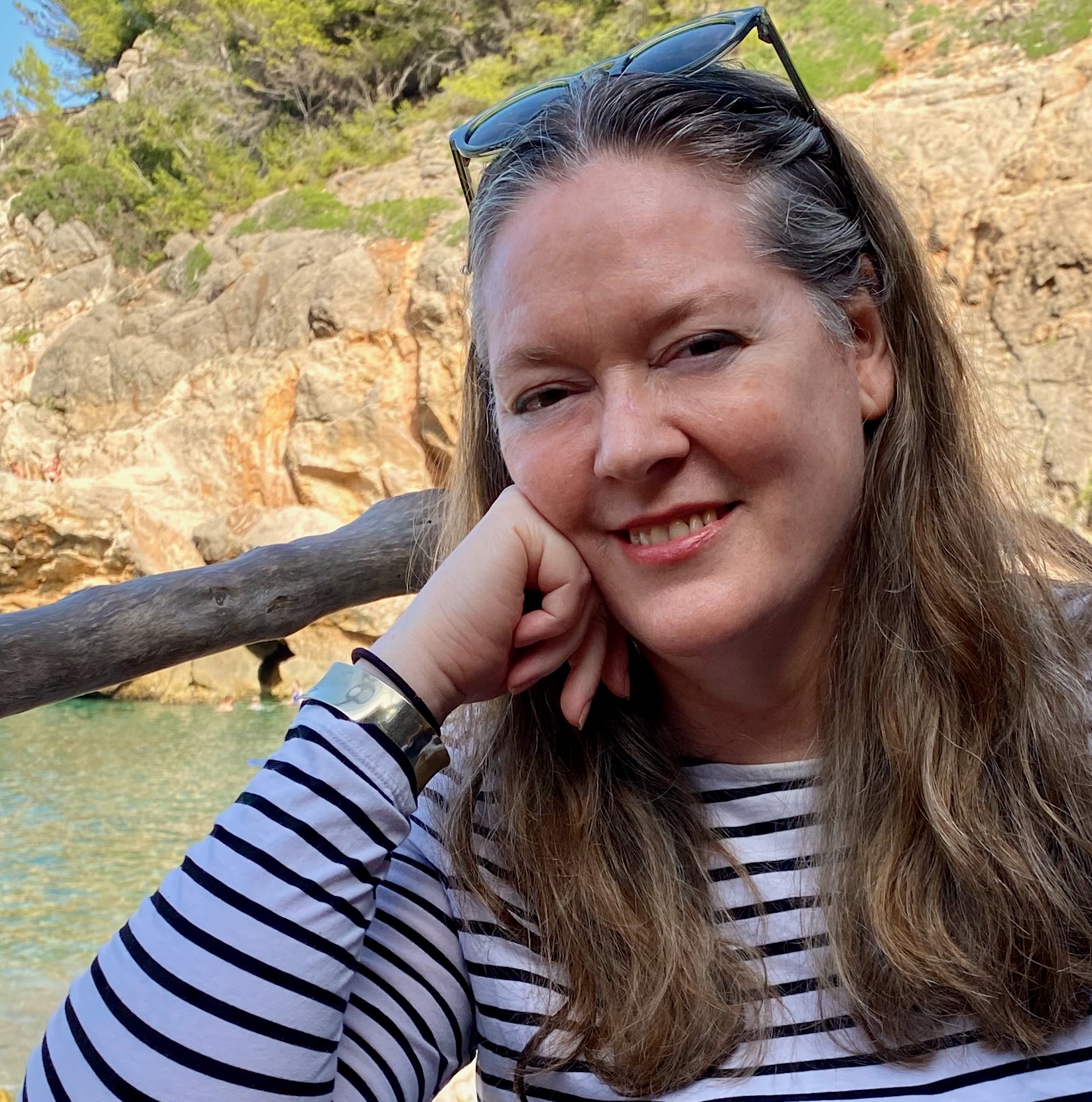
Cristina Flesher Fominaya Click Me!!!
Professor in International Studies
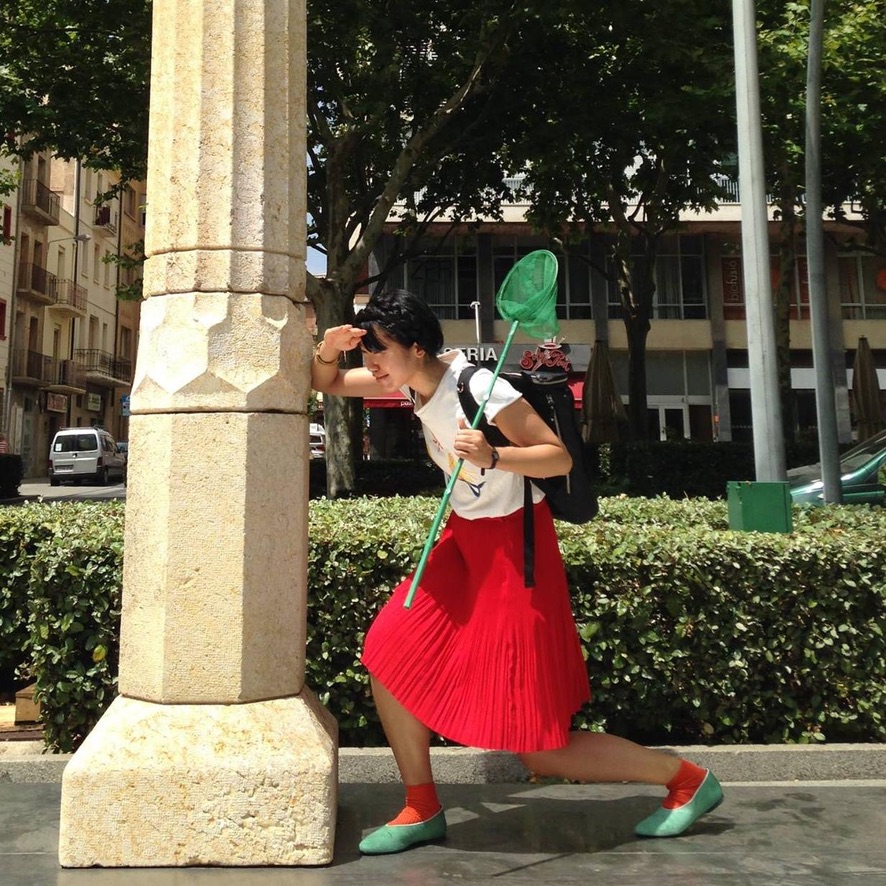
Eiko Honda Click Me!!!
Assistant Professor in Japan Studies
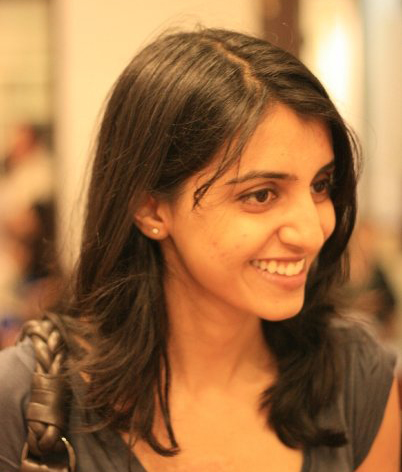
Gauri Sanjeev Pathak Click Me!!!
Associate Professor in India and South Asia Studies
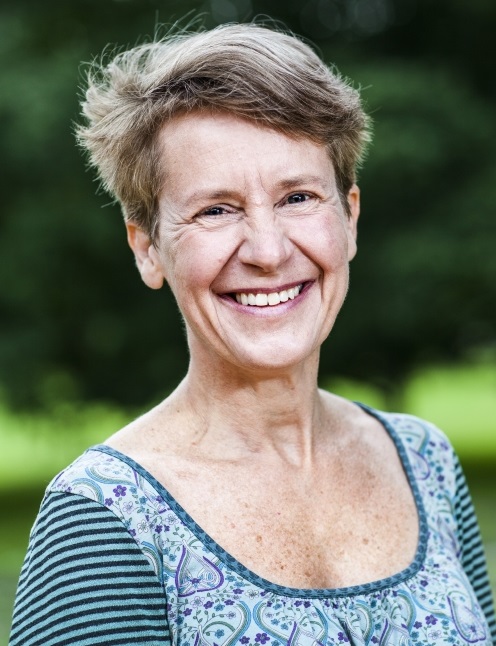
Mette Thunø Click Me!!!
Associate Professor in China Studies
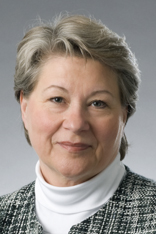
Galina Starikova Click Me!!!
Teaching Associate Professor in Russia Studies

Birgitte Beck Pristed Click Me!!!
Associate Professor in Russia Studies
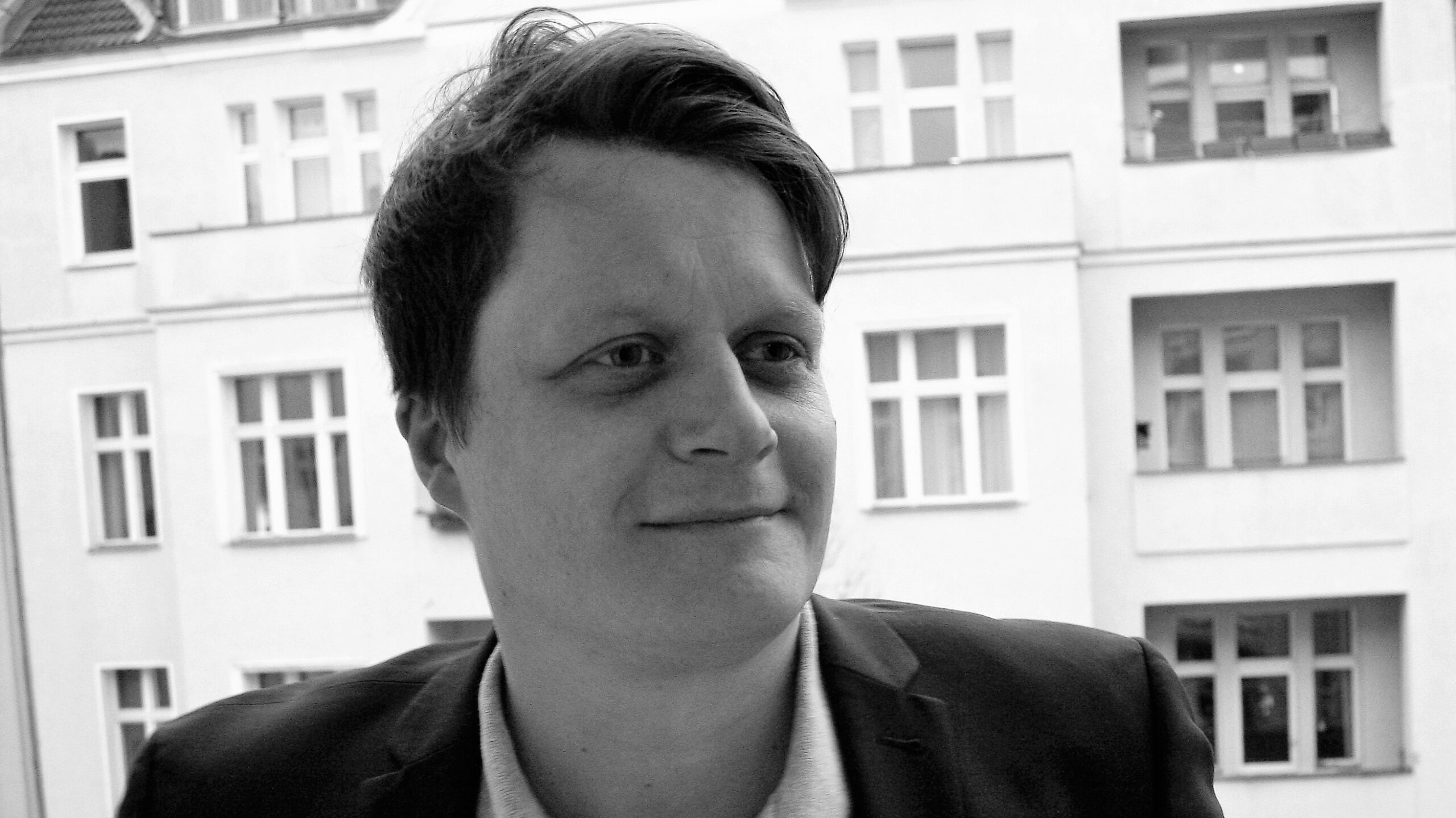
Georg Fischer Click Me!!!
Associate Professor in Brazilian Studies
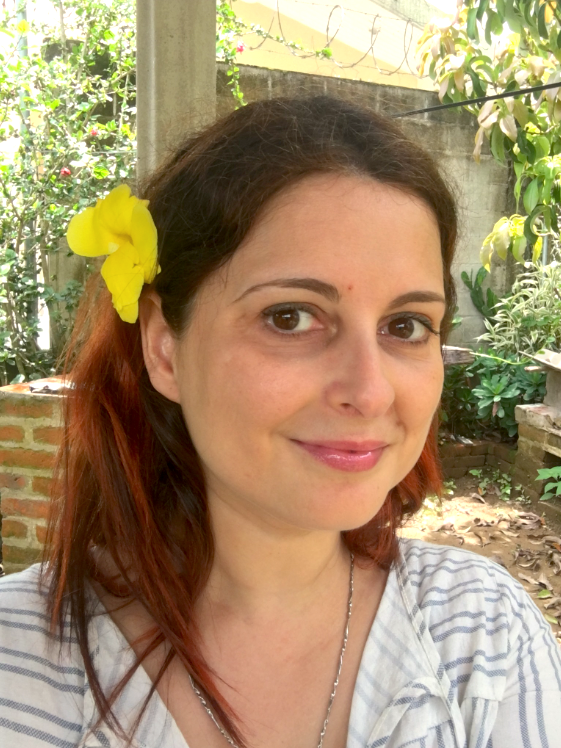
Chiara Bresciani Click Me!!!
Part-time Lecturer in International Studies
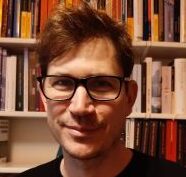
Hagen Schulz-Forberg Click Me!!!
Associate Professor in International Studies
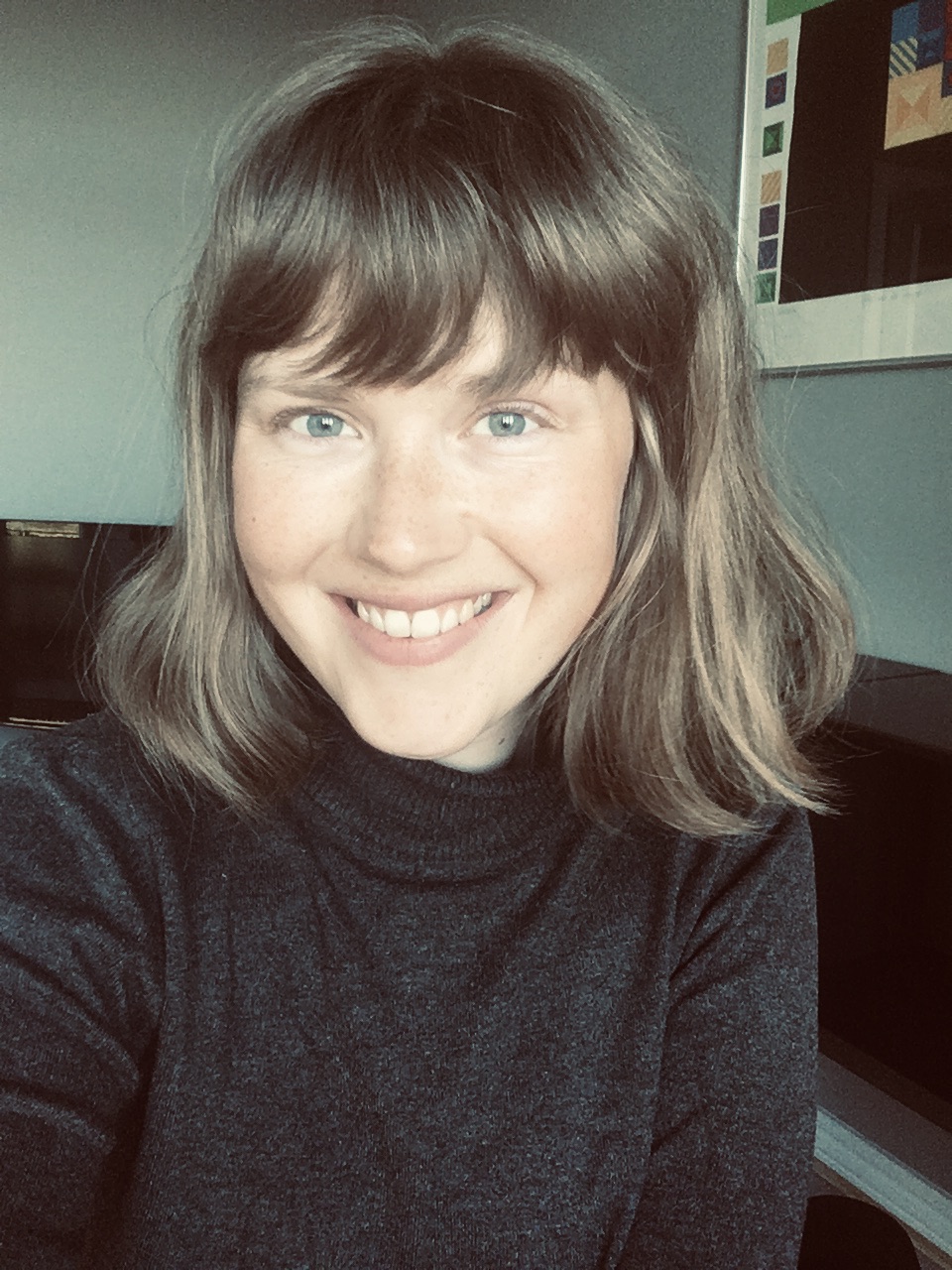
Tenna Foustad Harbo Click Me!!!
Research Assistant
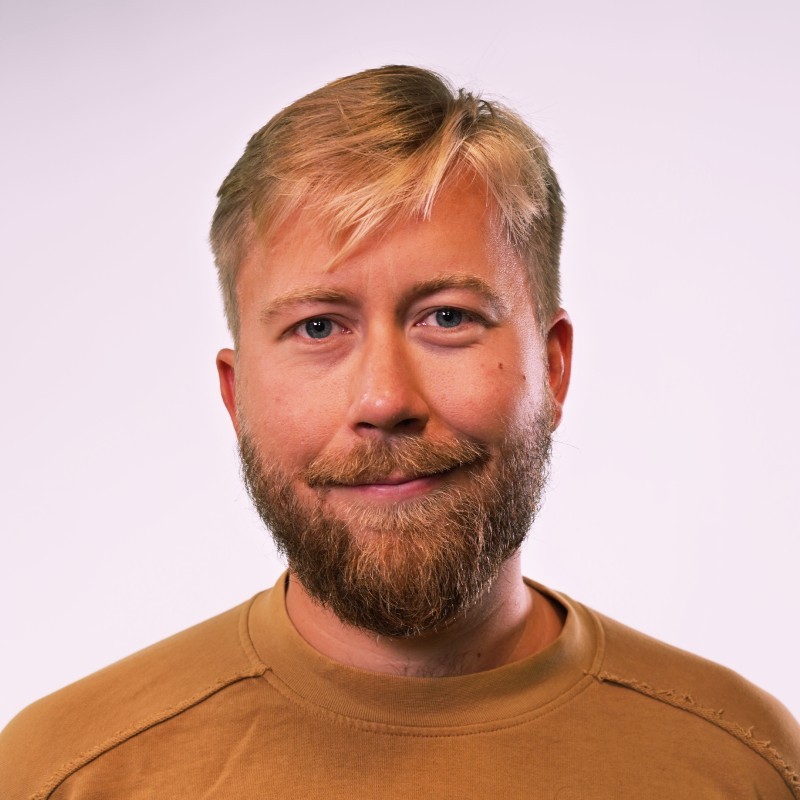
Markus Jacobsen Click Me!!!
Research Assistant
PHD CANDIDATES OF GLAS
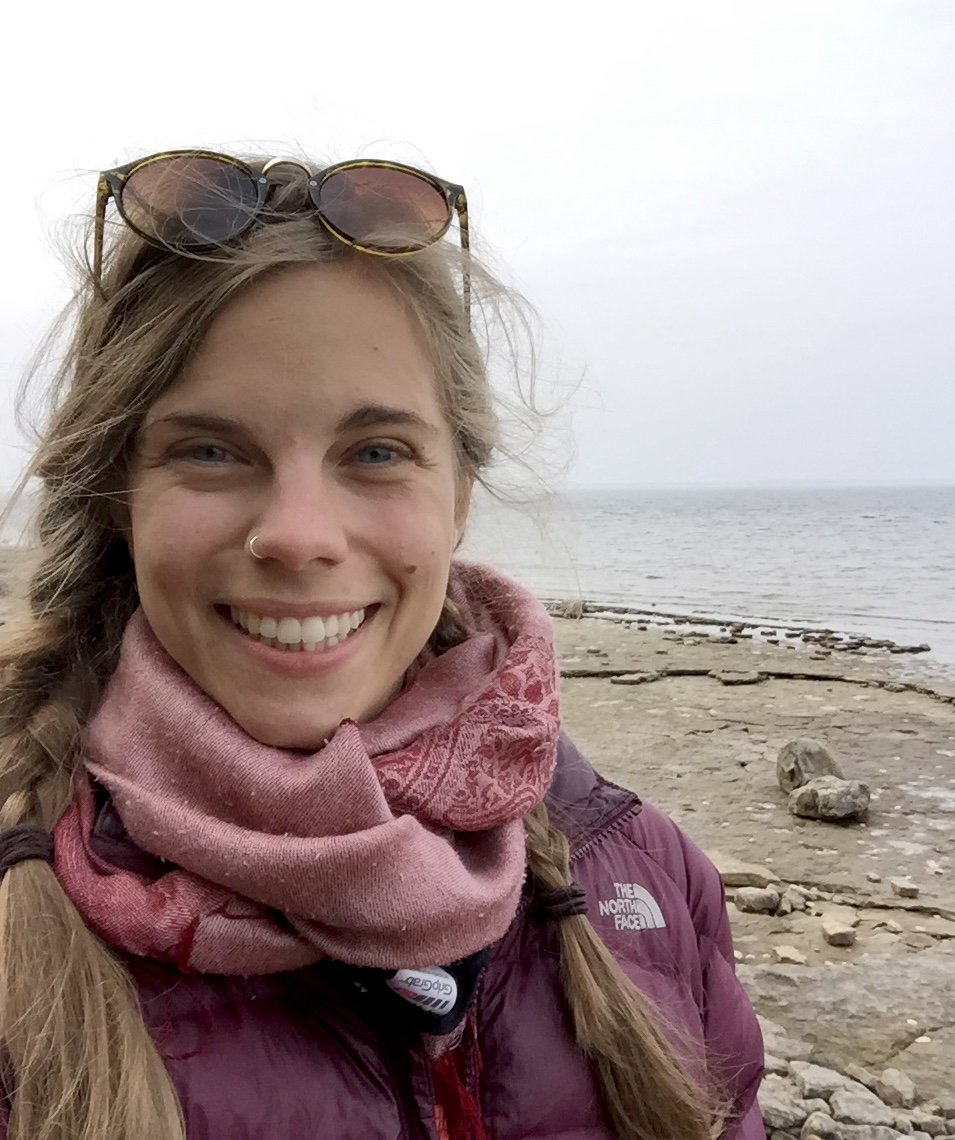
ANNE SOPHIE GRAUSLUND Click Me!!!
PHD CANDIDATE in Global Studies
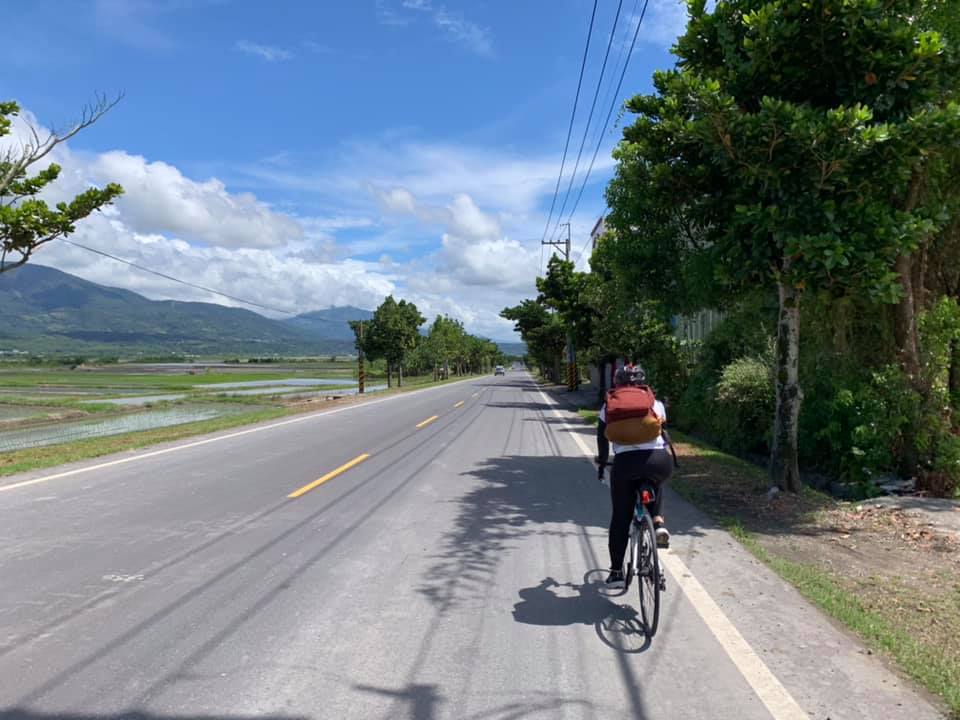
CHUNG AI(鍾愛) Click Me!!!
PHD candidate IN CHINA STUDIES

Sophie Schmalenberger Click Me!!!
PhD Candidate in European Studies
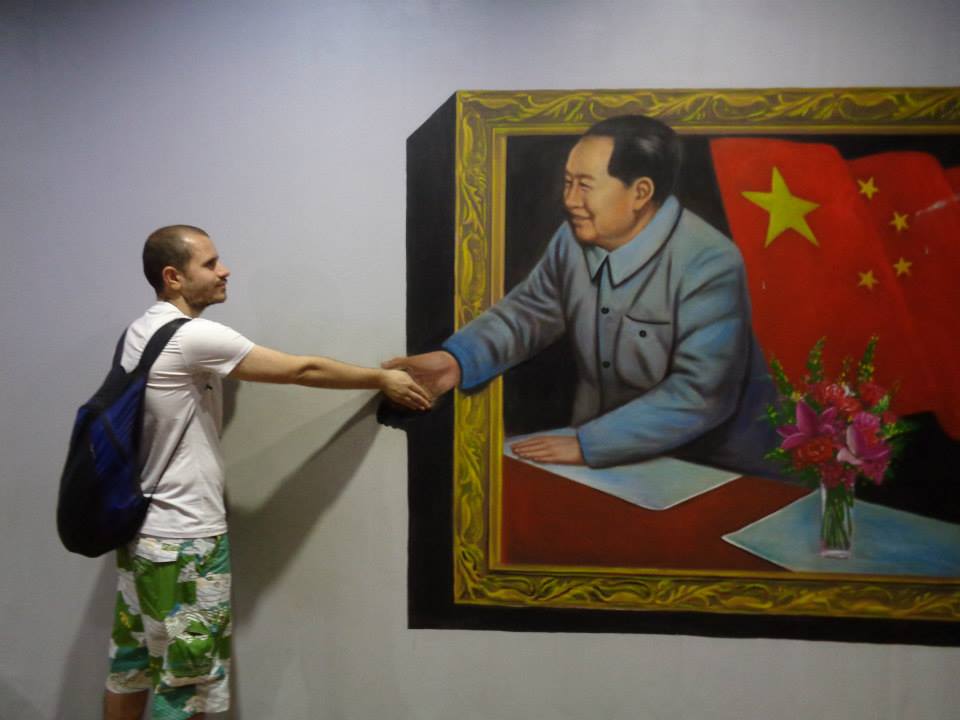
Jacob Hedegaard Click Me!!!
PhD Candidate in Japan Studies
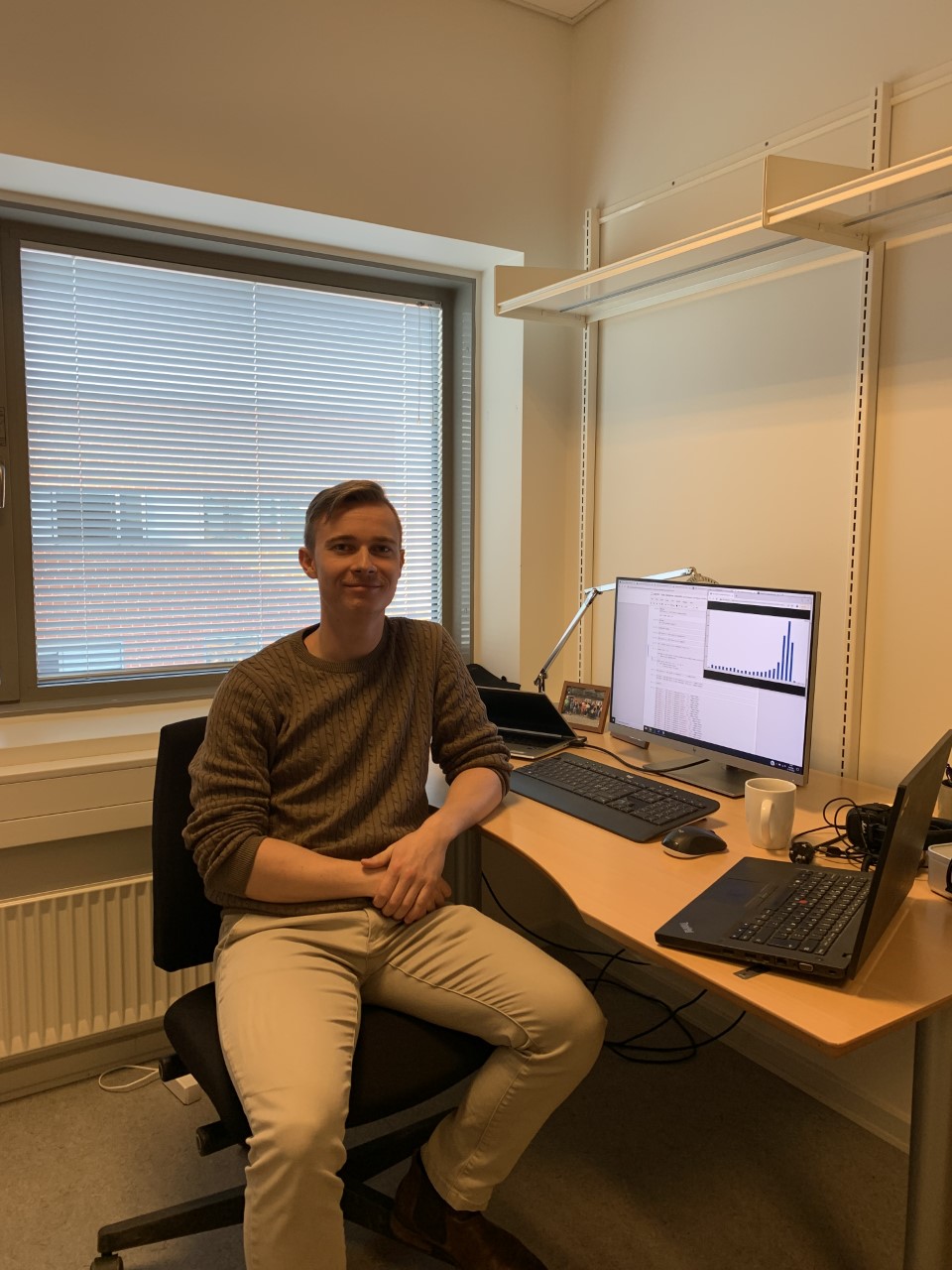
Phillip Stenmann Baun Click Me!!!
PhD Candidate in European Studies
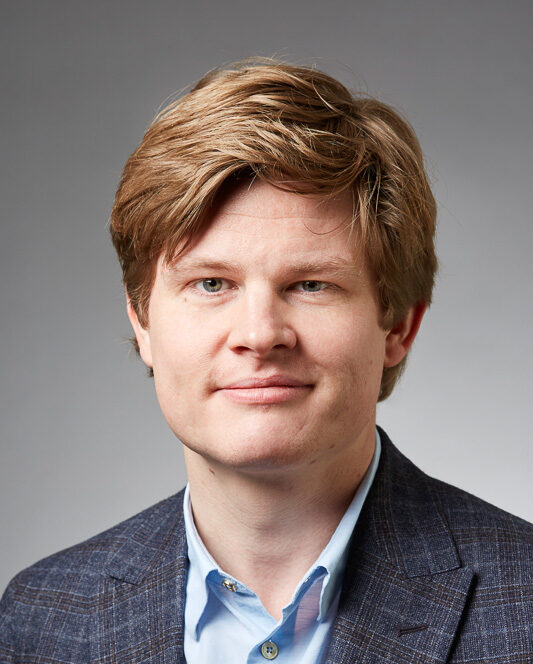
Jonathan Nilas Puntervold Click Me!!!
PHD Candidate in Japan Studies
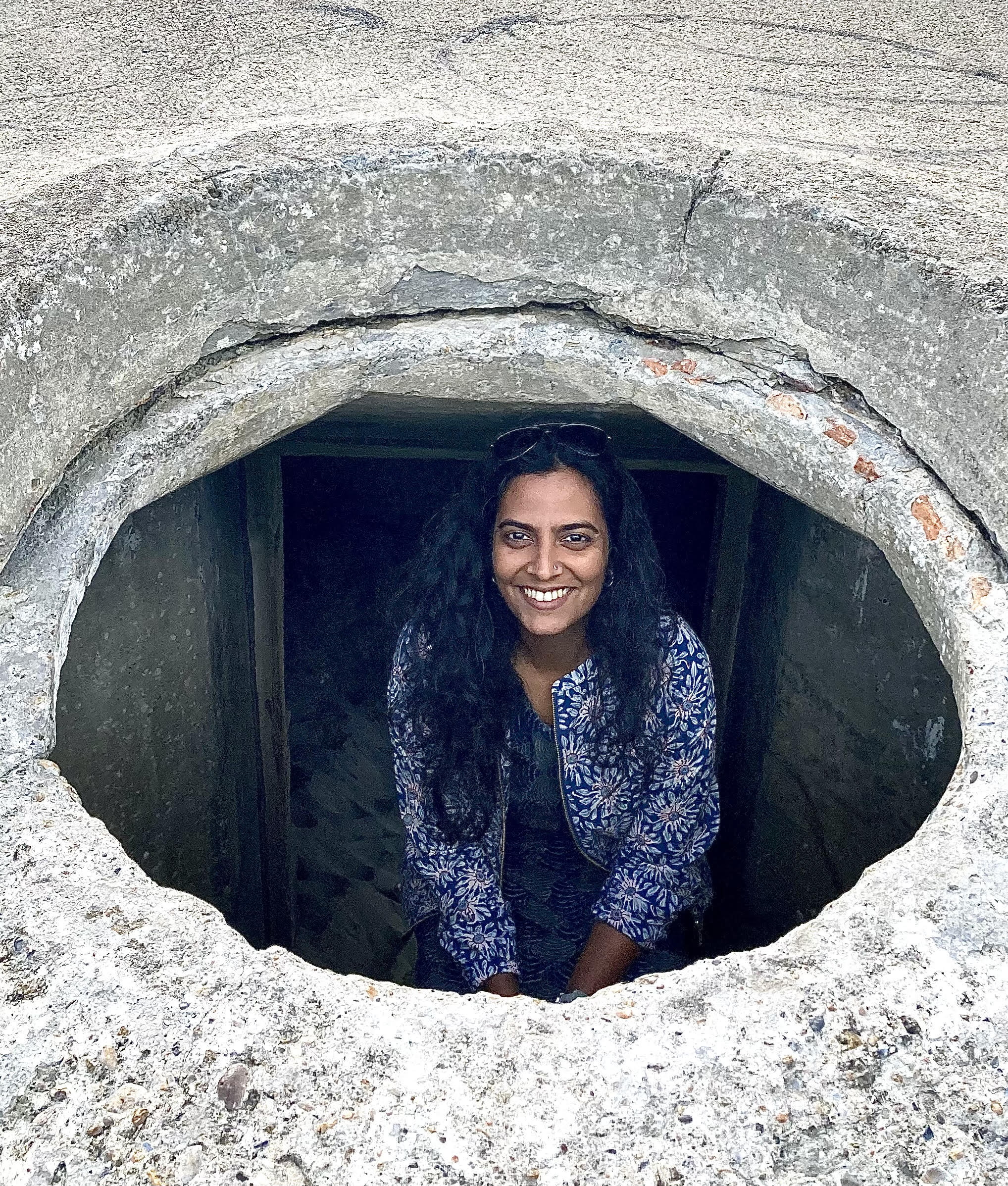
Aarti Prakash Latkar Click Me!!!
PHD Candidate
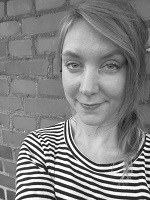
Annemarie Majlund Jensen Click Me!!!
PHD Candidate
Frederik Vestergaard Hyttel Click Me!!!
PHD Candidate in International Studies
Former affiliates
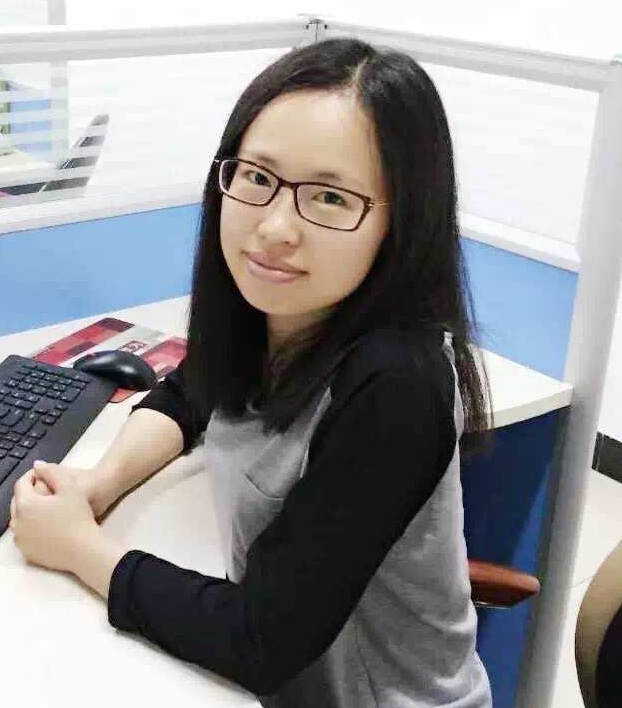
Meina Jia Sandal Click Me!
PhD in China Studies
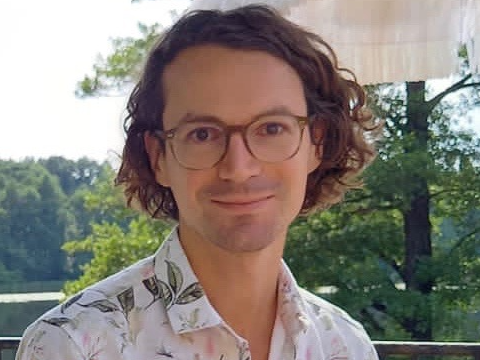
Fabio Santos Click Me!!!
Associate Professor in Brazilian Studies
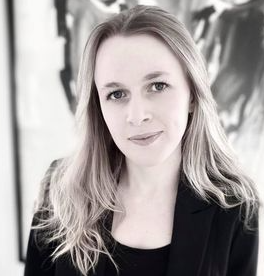
Naja Morell Hjortshøj Click Me!!!
PHD in China Studies
